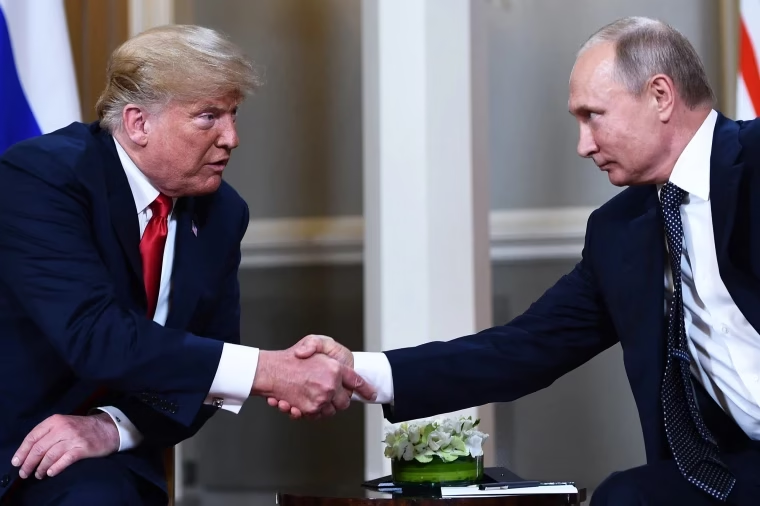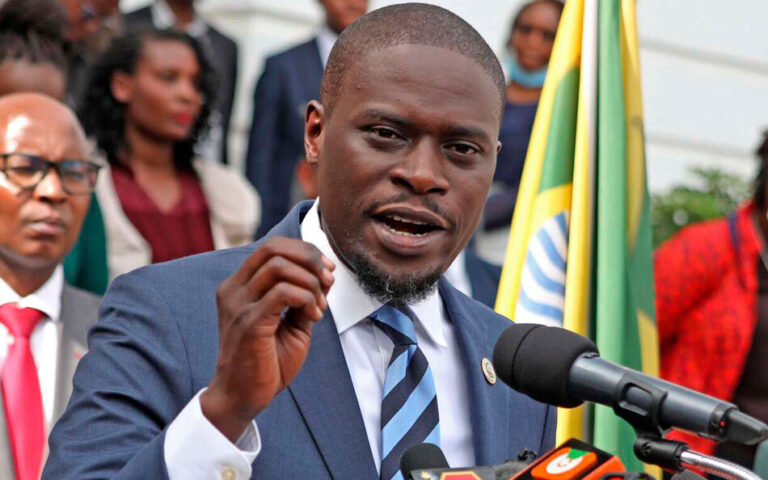
The once-cozy rapport between U.S. President Donald Trump and Russian President Vladimir Putin has taken a sharp turn amid the ongoing war in Ukraine. Recent months have seen a deterioration in their relationship, marked by public criticisms, policy shifts, and geopolitical tensions.
During Trump’s first term in office, his approach to Putin was characterized by admiration and a desire for improved U.S.-Russia relations. Trump frequently praised Putin’s leadership style and expressed confidence in his ability to negotiate with the Russian leader. This mutual respect was evident in their interactions and public statements.
However, the dynamics have changed dramatically in recent times. Following a massive Russian aerial assault on Ukraine, Trump publicly criticized Putin, stating that he had “gone absolutely CRAZY” . This marked a significant departure from Trump’s earlier stance and signaled growing frustration with Putin’s actions.
The Kremlin responded by attributing Trump’s remarks to “emotional overload,” suggesting that the U.S. president’s comments were driven by stress rather than a substantive policy shift.
Also read: Elon Musk Leaves Trump’s Administration
In February 2025, Trump and Putin engaged in a 90-minute phone call, agreeing to initiate negotiations aimed at ending the war in Ukraine . This was followed by a U.S.-Russia summit in Saudi Arabia, where officials discussed improving diplomatic and economic ties .
However, these efforts were complicated by Trump’s confrontational meeting with Ukrainian President Volodymyr Zelenskyy, during which Trump reportedly blamed Ukraine for the conflict and pressured Zelenskyy to agree to a ceasefire without sufficient security guarantees . This approach drew criticism from U.S. allies and raised concerns about the administration’s commitment to supporting Ukraine.
Despite the recent tensions, the Kremlin has noted that Trump’s foreign policy “largely aligns with our vision,” particularly in terms of shifting away from multilateral frameworks and adopting a more transactional approach to international relations . This alignment has raised questions about the extent to which Trump’s policies may inadvertently benefit Russian strategic interests.
Conversely, Trump’s administration has considered implementing stronger economic sanctions against Russia, including targeting major banks and energy firms, to pressure Moscow into de-escalating the conflict . This indicates a potential shift towards a more assertive U.S. stance, though the effectiveness of such measures remains uncertain.
Recent polls indicate a decline in public approval of Trump’s handling of the Ukraine conflict. A Reuters-Ipsos poll shows Trump’s approval on foreign policy has deteriorated, with a 13-point gap between disapproval and approval . Additionally, only 35% of Americans support Trump’s decision to suspend aid to Ukraine, while 48% oppose it .
These figures suggest that Trump’s approach to the Ukraine crisis may have political ramifications, potentially affecting his standing with voters and influencing future policy decisions.

